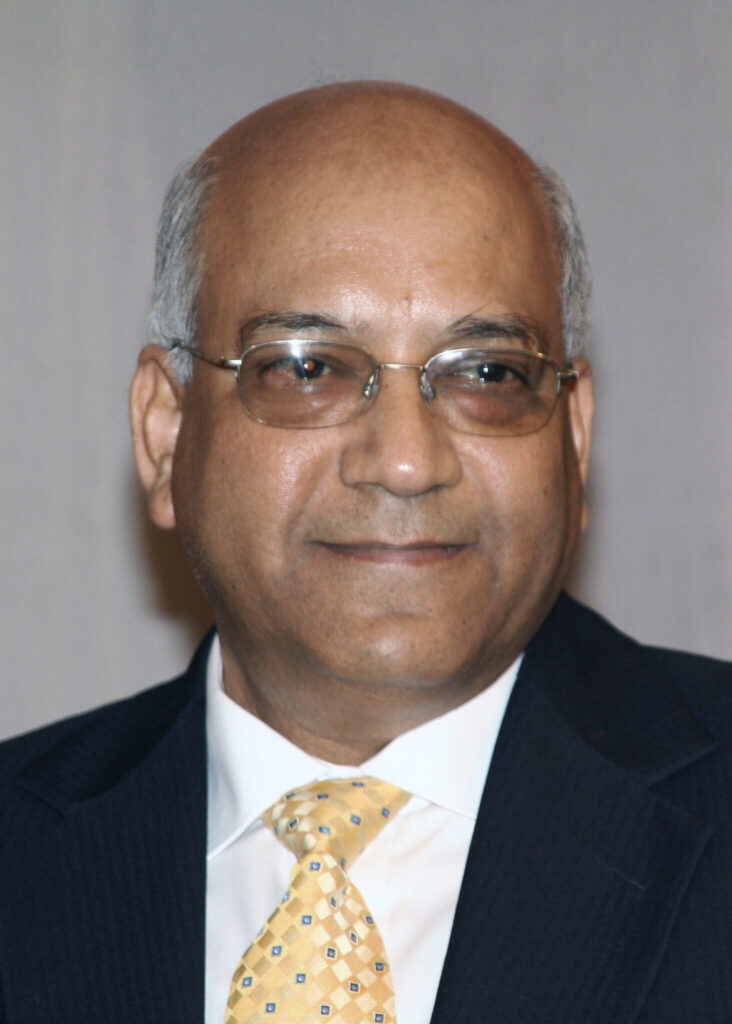-
Article 4 (Series on India’s Pension System): Global Pension Models, Country Examples, and Lessons for India
In the first three articles of this series, we looked at India’s pension challenge through the lenses of demographics, labour-market informality, fiscal constraints, and the design gaps in coverage and adequacy. This fourth piece steps outside India and maps how leading countries structure old-age income…
Browse the latest in…
-
Rural Roads and BharatNet: The Backbone of Rural Transformation
A comprehensive article – Amulya Charan/November 2025 The twin pillars of connectivity—physical (roads) and digital (broadband) infrastructure—are increasingly recognised as the backbone of rural transformation in India. In this article, we examine how rural roads (principally under the Pradhan Mantri Gram Sadak Yojana or PMGSY) and broadband connectivity via the BharatNet programme together unlock the potential…
-
Carbon Capture, Utilisation and Storage (CCUS) in India: Reality or Mirage?
Executive summary (the “so what?”) CCUS has moved from academic promise to early-market reality in India—but only for very specific use-cases. India now has: a handful of real projects (e.g., the Tuticorin “CO₂-to-soda-ash” plant), a flagship refinery-to-oil-field CO₂-EOR demonstration being engineered by IOCL and ONGC, newly approved CCU testbeds for cement, and a national programme…
-
National Logistics Policy: Implications for India’s Export Competitiveness
By Amulya Charan / October 2025 Executive summary India’s National Logistics Policy (NLP)—launched on 17 September 2022 and tightly coupled with PM Gati Shakti (National Master Plan for multimodal connectivity)—aims to make supply chains faster, cheaper, greener, and more predictable, thereby lifting India’s global export competitiveness. The policy’s “soft infrastructure” reforms (digital platforms, regulatory simplification, service-quality mechanisms, skills)…
-
India’s Semiconductor Mission: Can We Build a Chip-Manufacturing Ecosystem?
Assessing India’s ambition to become self-reliant in semiconductors, the global supply-chain shifts, and investment needs. Executive summary India has moved from aspiration to execution on chips. Since mid-2023, New Delhi has put in place a 50% capital subsidy for fabs and advanced packaging, fast-tracked approvals, and green-lit a first logic 28-nm foundry by Tata Electronics with Powerchip (PSMC)…
-
Water Governance in India’s Cities: From Scarcity to Security
Why urban water governance matters now India’s cities are running out of easy water. Rapid urbanisation, climate volatility, and rising living standards are pushing demand up while groundwater tables fall and rivers choke on untreated sewage. In many metros the “last mile” of water security—reliable, safe, affordable, all-weather supply with adequate wastewater and stormwater management—depends…
-
Changing Food Habits in India: Health, Culture, and Climate Impacts
Executive summary (2 minutes) Indian diets are changing fast. Urbanisation, rising incomes, time-poverty, food delivery apps, and aggressive marketing of packaged foods are reshaping what we eat and how we eat. The result is a “double burden”: continued micronutrient deficiencies (especially anaemia) alongside rising obesity, hypertension and diabetes. National surveys and medical studies confirm these…


Behind the blog
Hello, I’m Amulya
Mr. Amulya Charan is a seasoned expert in energy, infrastructure, and finance, with decades of experience leading major corporations like Tata Power, NTPC, and Power Grid.
He has driven innovative solutions across project finance, renewable energy, and infrastructure management. Known for his visionary leadership, Mr. Charan has navigated complex business environments, fostering collaboration and sustainable growth. His contributions have earned numerous accolades, reflecting his commitment to excellence.
Holding advanced degrees from IIMA and IIT-R, he blends strong academic credentials with strategic industry insights. Mr. Charan frequently shares his expertise through speaking engagements and publications, offering thought leadership on industry trends and challenges.